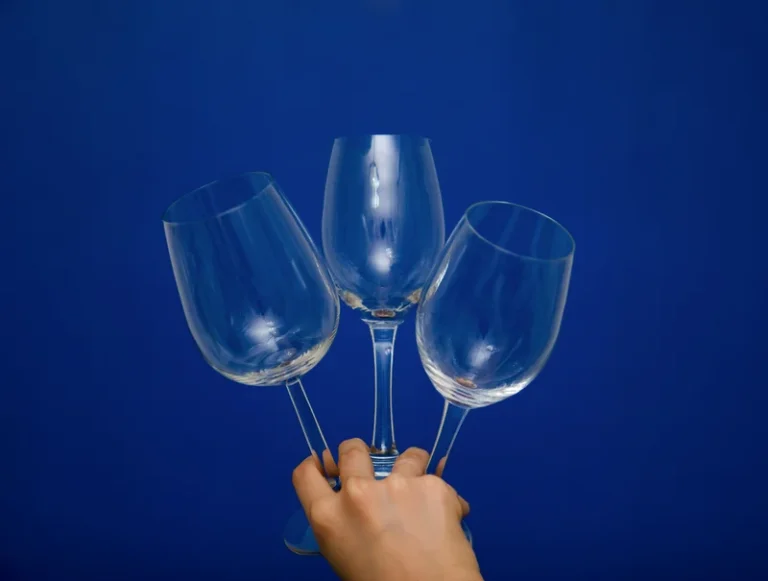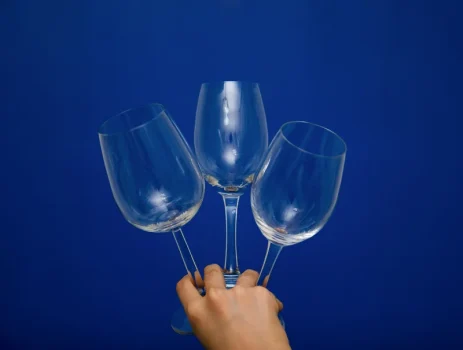
When operating on fear alone, the focus is on avoiding the consequences rather than maximizing the benefits. I won’t lie to you and say that it’s guaranteed that you’ll have a large support network. I won’t lead you on and make you think that everyone will appreciate you trying to become a better human being. All I can do is tell you that the fear is natural, but you have to proceed anyway.

How long until your liver detoxes from alcohol?
- I personally used to worry that I wouldn’t be strong enough to stay sober.
- And the benefits of sobriety might be years, not months, down the road.
- And, day by day, as the anxiety returns, it may become more intense, which can lead people to drink more heavily.
- You may not think about this constantly, but it’s in the back of every drinker’s mind.
- The NIAAA also offers pointers about resources for low- and no-cost treatment and support options, like getting in touch with your state’s agency for substance abuse help.
I found happiness harder to come by in the days after a heavier session, the hangovers became unbearable and my post-night out anxiety skyrocketed. So I decided to quit drinking for a month, curious to see what a dry spell could do for me. And while there is virtually no downside to taking a break from drinking alcohol — or quitting altogether — science is just beginning to study the ways abstinence might be good for you.
What to know if you’re a casual drinker
People dealing with less obviously destructive addictions like pornography or food typically fare even worse. For example, one of my worst habits was needing to have a drink in my hand. I tried to replace it with water, but it was too easy to drink quickly and lacked flavor. If you grew up in a society where this is the norm, then it’s already an expectation that https://ecosoberhouse.com/ you’ll drink in response to nearly every situation imaginable.
Breaking The Booze Habit, Even Briefly, Has Its Benefits

People want a reason why you’re not drinking and, if it’s not strong enough, many of them will try to persuade you to “just have one or two”. “When you get a cold, it drags you down a bit, and when people had Covid a lot of them had severe depression and anxiety – that’s through inflammation. Alcohol produces the same kind of inflammation in the brain,” Professor Nutt tells me. He should know, having quite literally written the book on it (Drink? The new science of alcohol and your health, £15.40).
Treatment Programs

He finally got sober with the help of Alcoholics Anonymous. He became a substance abuse counselor to help others but found that being in recovery was often really lonely. « All my drinking was really centered around community and wanting that connection so badly with other people, » he says. « Not everybody wants to get wasted when they go to the bar, » says Forte. Sometimes, being there is just about wanting to be social and fit in. Another social club member, Kathy Kuzniar, says she used to obsess over whether there was enough wine in the house.
Your Liver Function Will Begin To Improve
This can lead to moments just as fun as what’s depicted in those alcohol advertisements. But just as frequently things can become sloppy, or take a detrimental toll over time. If you stop drinking for a week, you might notice some positive changes in your gastrointestinal system. The digestive tract heals quickly after someone cuts out alcohol, according to Debbie Petitpain, MBA, RDN, a registered dietitian based in Charleston. So far, there are a handful of studies that point to some benefits of abstinence for even moderate drinkers — in addition to the widely recognized benefits for people who have alcohol use disorder. Some who have given up booze altogether join « sober sometimes » friends to enjoy nonalcoholic drinks at Sans Bar in Austin, Texas.

- I tried to replace it with water, but it was too easy to drink quickly and lacked flavor.
- If you feel comfortable doing so, discuss your challenges with your primary healthcare professional.
- “You get the best benefit from alcohol when you drink in moderation.
- Saving the money you would have spent on alcohol will provide you $300–$400 or more by this second week.
When you’re having a good time, you find it hard to stop, especially in the company of friends having the same amount. Learn more about the health effects of drinking alcohol here. To stop drinking alcohol, you first need to understand your relationship with drinking. From there, you may need social support, consistent self-care, and new routines that can help redirect your mind.
- According to the Dietary Guidelines for Americans, alcohol should be consumed in moderation — up to one drink per day for women and up to two drinks per day for men.
- My productivity boomed, my mood was consistently higher and my confidence took an unexpected turn for the better.
- And often that includes new ways to take agency over our health.

This withdrawal can be physical, mental, or psychological; your level of alcohol dependence will determine the how to take a break from drinking type and severity of your withdrawal symptoms. Fortunately, there aren’t any alcohol withdrawal symptoms that are life-threatening or even need medical supervision. If your vacation from alcohol is temporary, proceed with caution when you start drinking again. “Even moderate drinkers who stop drinking for two months tend to overdrink when they start again,” Dr. Koob says.
Nobody really knows why, he says, but it seems to be some kind of overcompensation for the time you lost. It may be that your drinking habits calm down after the novelty of celebrating a month or two of sobriety wears off, but Dr. Koob says it’s important to keep it on your radar so you can avoid overdoing it. If you’re a heavy drinker, you may need to wean off alcohol to let your body adjust.

